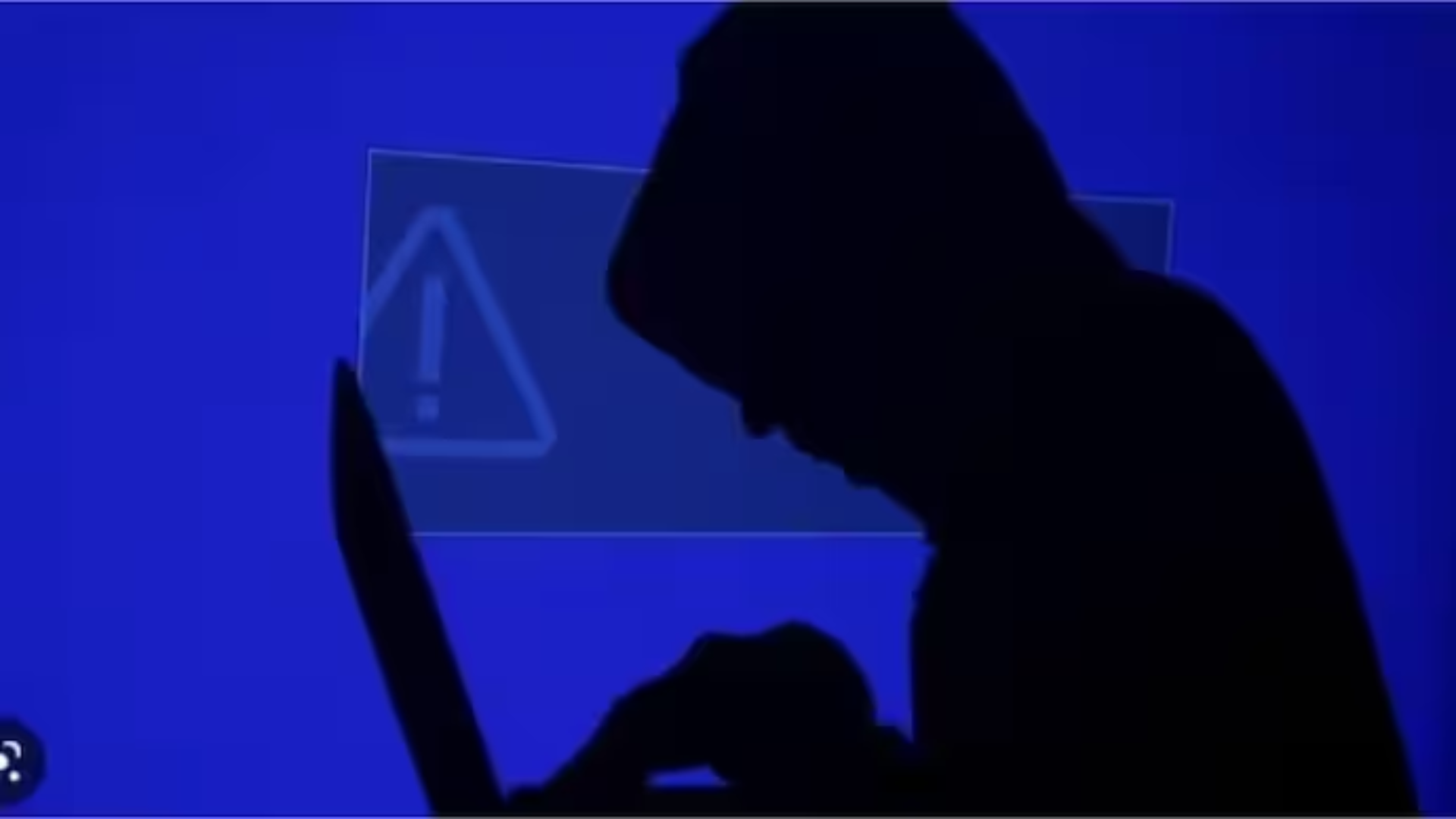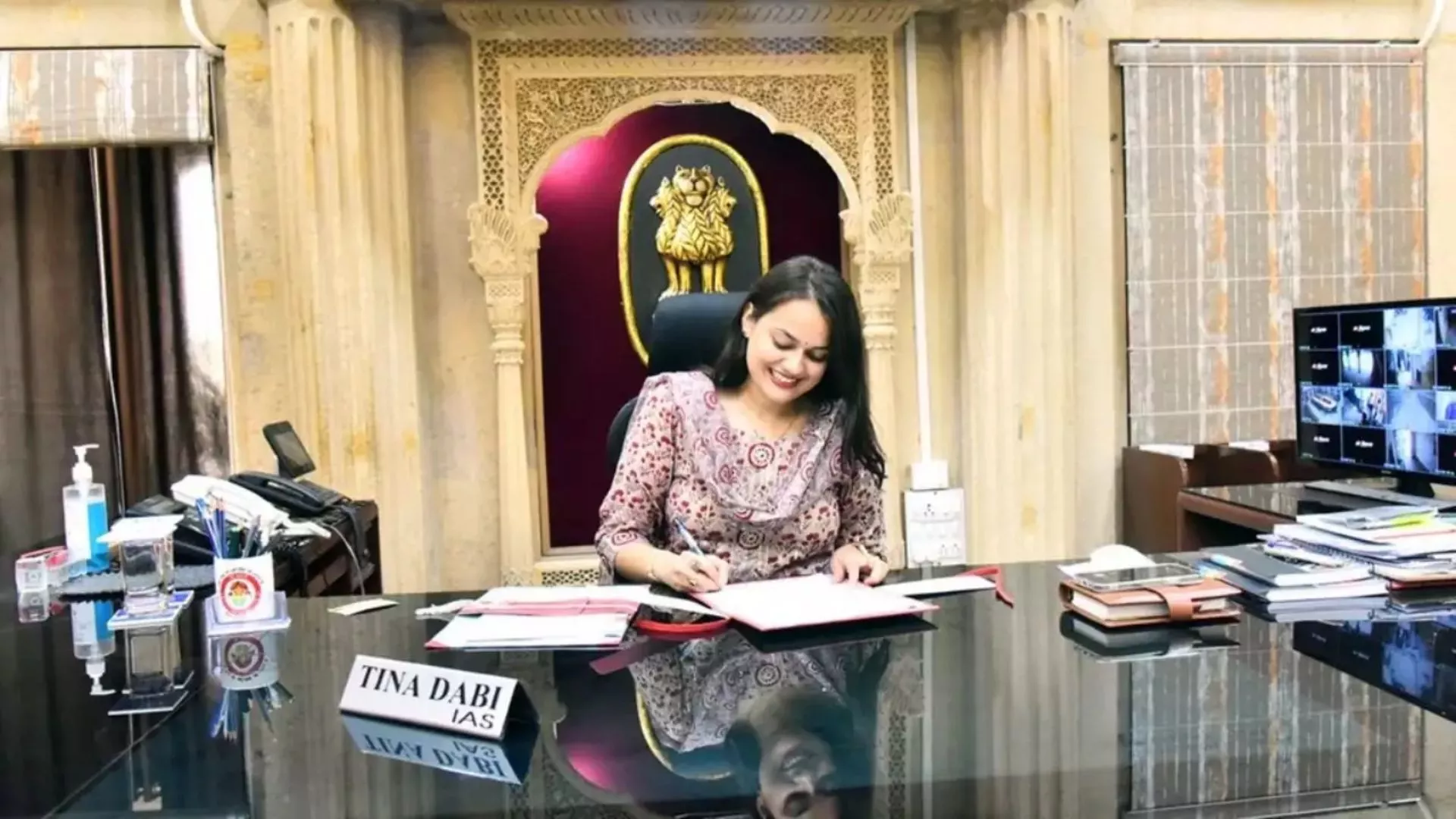
If you receive a text message or WhatsApp message claiming that your electricity bill is unpaid and your power will be disconnected tonight, do not call the number or click on any links. These messages are scams.
Scammers often use urgent language and threats to create a sense of panic and trick people into sharing sensitive information or making hasty payments. They may also use official logos and language to make their messages appear legitimate.
Here are some tips to stay safe from electricity bill scams:
- Do not respond to unsolicited messages. If you receive a message from your electricity provider that you were not expecting, contact them directly using the phone number or website listed on your bill.
- Do not click on any links or download any attachments in unsolicited messages. These links and attachments may contain malware that can infect your device or steal your personal information.
- Do not provide any personal or financial information to anyone who contacts you unsolicited. This includes your name, address, phone number, bank account number, and Social Security number.
- Be suspicious of any message that creates a sense of urgency or panic. Scammers often try to pressure people into making quick decisions without thinking them through.
If you think you may have been the victim of an electricity bill scam, contact your electricity provider immediately and report the scam to the police.
Here is an example of how scammers operate:
In one case, a victim received a phone call from a man claiming to be an official from the electrical department. The caller informed him that his electricity bill was due and that if it was not paid immediately, his power would be disconnected. When the victim asked how to pay the bill, the caller sent him a link to download the Teamviewer Quick support mobile app. As soon as the victim downloaded the app, the scammer gained access to his bank account and transferred all of his money, a total of Rs 4.9 lakh, to his own account.
